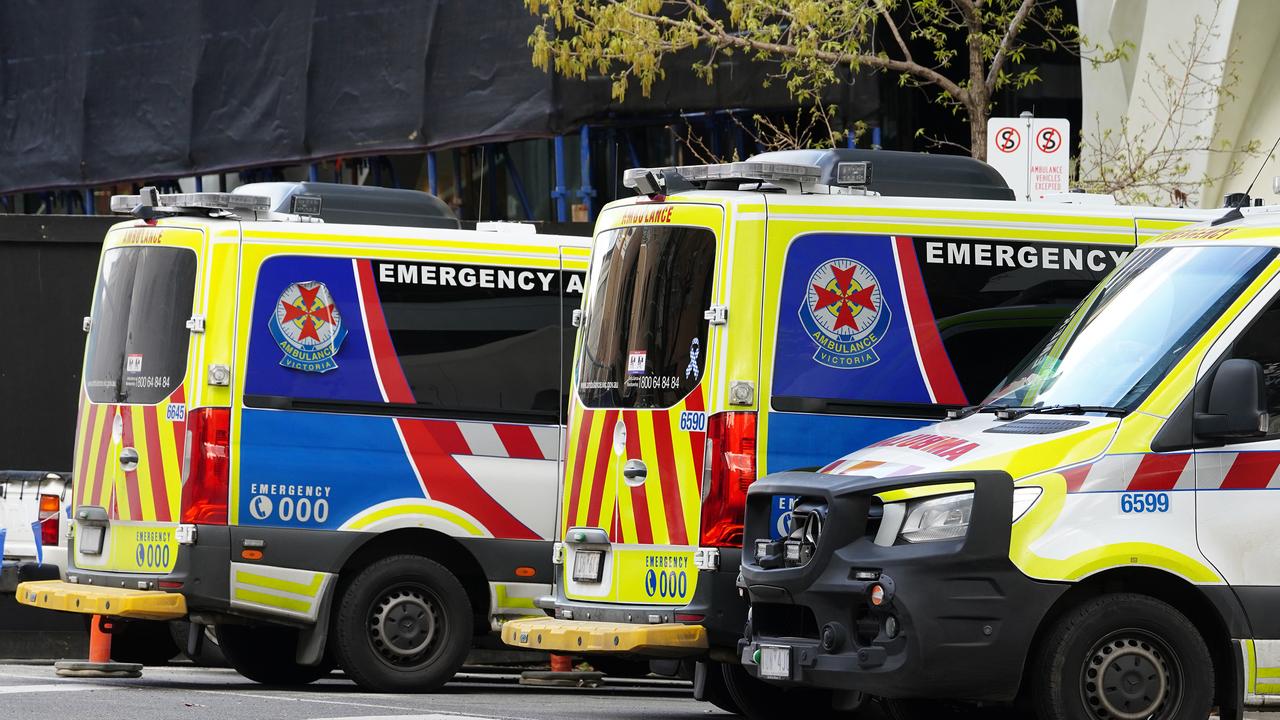South Korea staging ‘decapitation drills’ for possible assassination of Kim Jong-un
North Korean leader Kim Jong-un has revealed his ominous plans for 2024, stating war could break out “at any time”.
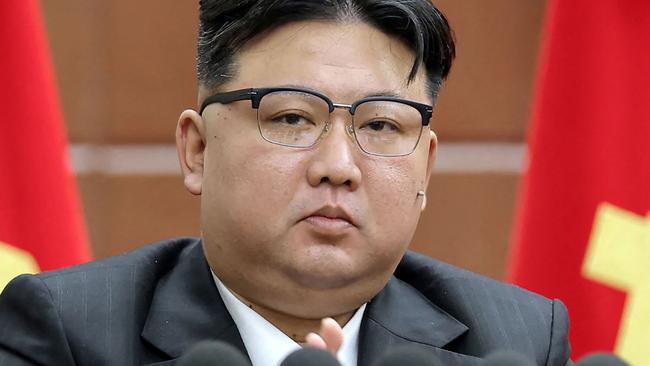
News
Don't miss out on the headlines from News. Followed categories will be added to My News.
South Korea admitted its military is actively conducting “decapitation drills” for the possible assassination of North Korea’s Kim Jong-un — who vowed Sunday to boost the hermit kingdom’s nuclear arsenal, build military drones and launch new spy satellites in 2024.
Taking out the Hermit Kingdom’s supreme leader is an “option,” South Korean (ROK) defence minister Shin Won-sik told reporters during an interview onMBN television a rare admission from Seoul leaders about an operation that hasn’t been publicly discussed for at least six years.
Asked by reporters whether assassination drills were still on the table and if US nuclear weapons could be deployed to the region, Won-sik said “both are considered options,” and added US forces have even taken part in assassination drills.
“While it is difficult to openly discuss decapitation, the ROK-US special operation forces are … conducting training,” Won-sik said.
“This training is for aerial manoeuvres, raids on key facilities and indoor mop-up,” he added.
The under-the-radar drills with US Army Special Forces took place earlier in December, according to South Korea’s Joint Chiefs of Staff.
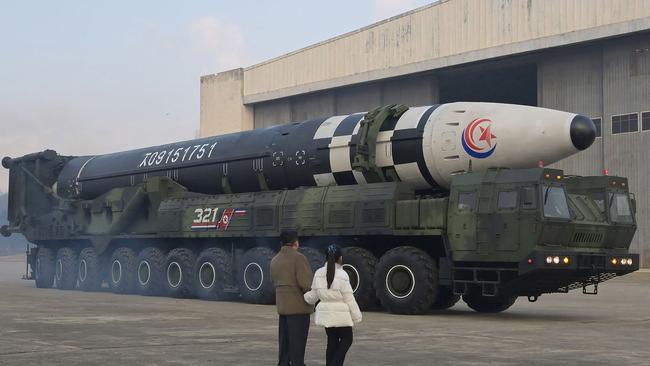
Kim Jong-un on Sunday announced plans to launch three new spy satellites, develop military drones, and bolster the country’s nuclear arsenal in 2024.
The announcement comes amid rising tensions, as Kim Jong-un asserts that US policies are pushing the Korean Peninsula towards an inevitable war, as reported by state media.
During an extended address on Sunday, which concluded a five-day ruling party meeting outlining economic, military, and foreign policy objectives for the upcoming year, Kim Jong-un criticised Washington for what he described as “reckless moves” aimed at invading North Korea.
According to state news agency KCNA, he warned: “Because of reckless moves by the enemies to invade us, it is a fait accompli that a war can break out at any time on the Korean peninsula.”
Kim Jong-un went further, Reuters reports, instructing the military to be prepared to “pacify the entire territory of South Korea,” even suggesting the use of nuclear bombs if necessary in response to any attack.
The statement raised concerns about the potential escalation of the conflict and its implications for regional stability.
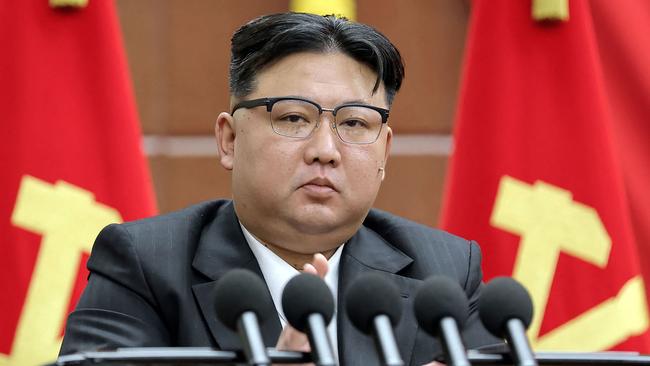
As the international community grapples with the escalating tensions, experts anticipate that North Korea may maintain a campaign of military pressure, attempting to leverage the US presidential elections scheduled for November.
Leif-Eric Easley, a professor of international studies at Ewha Womans University in Seoul, told Reuters: “Pyongyang might be waiting out the US presidential election to see what its provocations can buy it with the next administration.”
The Biden administration has expressed openness to talks, but it has also imposed new sanctions on North Korea as the country conducted banned missile tests.
Additionally, the US has increased military drills and deployed more assets, including nuclear-armed submarines and large aircraft carriers, near the Korean peninsula.
Kim Jong-un responded to these actions, expressing concern over the return of weapons that he claimed had transformed South Korea into a “forward military base and nuclear arsenal” for the United States.
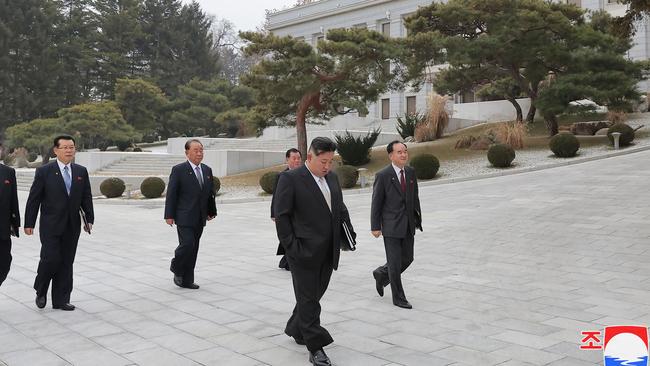
He asserted, “If we look closely at the confrontational military actions by the enemy forces … the word ‘war’ has become a realistic reality and not an abstract concept.”
Despite the heightened tensions, Kim Jong-un insisted on advancing North Korea’s nuclear ambitions and establishing stronger ties with countries opposing the United States, particularly emphasising its relationships with China and Russia.
The upcoming year holds significant political events for North and South Korea, with pivotal elections scheduled.
South Korea is set to hold parliamentary elections in April, potentially impacting President Yoon Suk Yeol’s domestic and foreign policy agenda.
The National Intelligence Service of South Korea has warned of the possibility of North Korea engaging in unexpected military provocations or cyber-attacks in 2024, given the fluid political situations associated with the elections.
Kim Jong-un announced a fundamental shift in North-South relations, ruling out the possibility of unification with South Korea. He claimed that the relationship had transformed into a hostile one, with the South being a colonised state dependent on the United States for national defence and security.
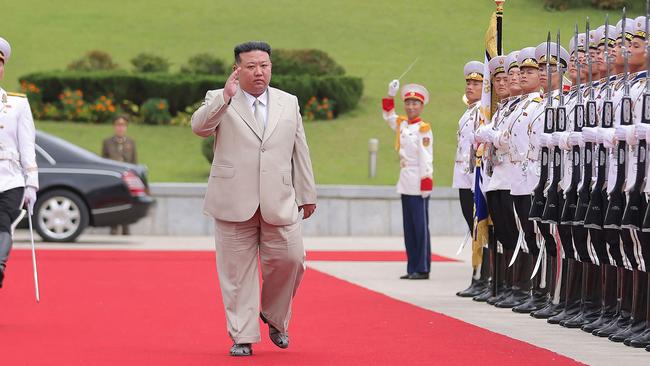
In addition to military endeavours, Kim Jong-un outlined plans for economic development, including investments in metals, chemicals, power, machinery, and railway transportation.
He emphasised the modernisation of wheat facilities to boost production and highlighted a key policy goal of investing in science and technological research at schools.
Over the past year, North Korea claims to have successfully launched its first military spy satellite and test-fired new solid-fuel intercontinental ballistic missiles with the capability to deliver a nuclear warhead anywhere in the United States. Reports suggest that a new reactor at North Korea’s Yongbyon nuclear complex is now operational, potentially providing an additional source of plutonium for nuclear weapons.
Looking ahead to 2024, Kim Jong-un outlined further military developments, including strengthening nuclear and missile forces, constructing unmanned drones, expanding the submarine fleet, and developing electronic warfare capabilities.
Spy satellite launches represent a significant advancement for North Korea, following failed attempts in the previous year.
The success of the recent spy satellite launch has raised regional tensions and resulted in fresh sanctions from the US, Australia, Japan, and South Korea.
The lack of released imagery from the new satellite has left analysts and foreign governments speculating about its capabilities.
Notably, the apparent success followed Russian President Vladimir Putin’s promise to assist North Korea in satellite development, with South Korean officials suggesting that Russian aid may have contributed to the mission’s success, though the extent remains unclear.
— With the NY Post
Originally published as South Korea staging ‘decapitation drills’ for possible assassination of Kim Jong-un




